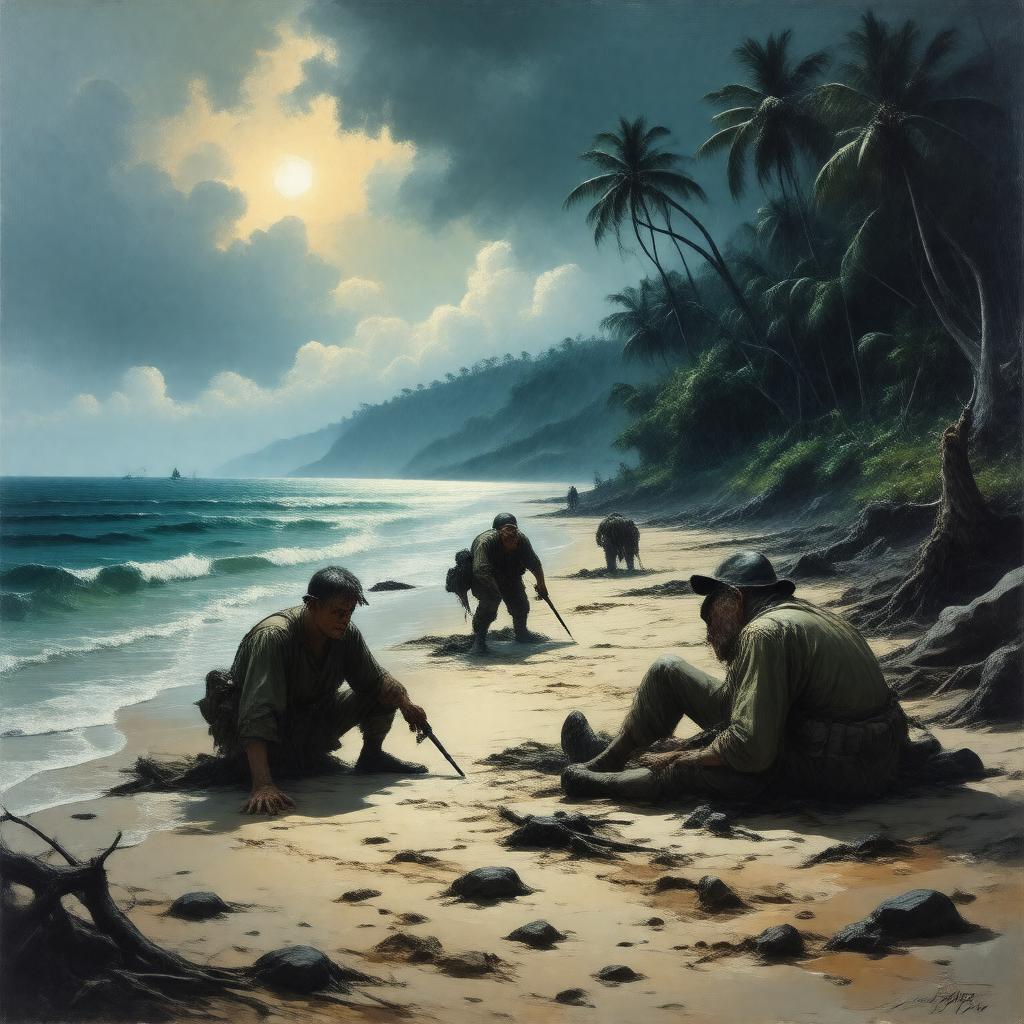
AI-created image
Statements (23)
| Predicate | Object |
|---|---|
| gptkbp:instanceOf |
gptkb:novel
|
| gptkbp:adaptation |
gptkb:The_Naked_and_the_Dead_(film)
|
| gptkbp:author |
gptkb:Norman_Mailer
|
| gptkbp:countryOfOrigin |
gptkb:United_States
|
| gptkbp:deweyDecimal |
813.54
|
| gptkbp:genre |
war novel
|
| gptkbp:ISBN |
978-0-312-42709-4
|
| gptkbp:language |
English
|
| gptkbp:mainCharacter |
gptkb:General_Cummings
gptkb:Lieutenant_Hearn gptkb:Sergeant_Croft |
| gptkbp:mediaType |
gptkb:print
|
| gptkbp:notableFor |
critical acclaim
debut novel of Norman Mailer |
| gptkbp:OCLC |
290634
|
| gptkbp:pages |
721
|
| gptkbp:publicationDate |
1948
|
| gptkbp:publisher |
gptkb:Rinehart_&_Company
|
| gptkbp:setting |
gptkb:World_War_II
gptkb:Pacific_Theater |
| gptkbp:bfsParent |
gptkb:Norman_Mailer
|
| gptkbp:bfsLayer |
4
|
| http://www.w3.org/2000/01/rdf-schema#label |
The Naked and the Dead
|